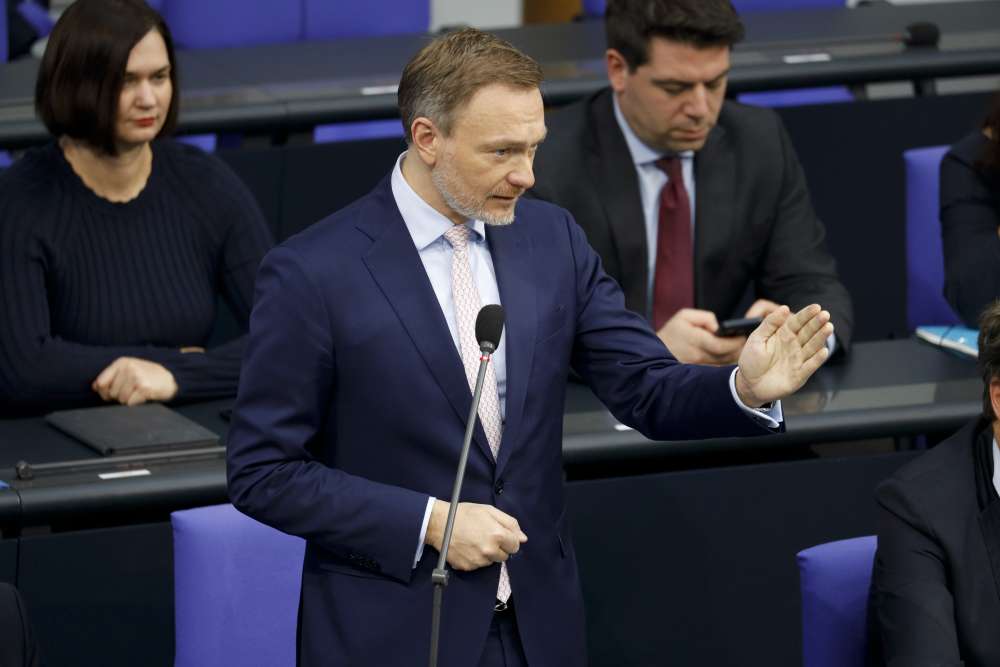Germany’s Budget Compromise: Cutting Corners is a Losing Strategy

After tough negotiations, Germany’s governing coalition has landed on a compromise for the 2025 draft budget it will submit to parliament. The Social Democrats (SPD) and Greens managed to protect their core priorities. In return, they had to allow their coalition partner, the fiscally hyper-conservative Free Democrats (FDP), led by Finance Minister Christian Lindner, to claim overall savings compared to this year’s budget. But these savings are minimal, as economists Florian Schuster, Felix Heilmann, Vitus Rennert, and Philippa Sigl-Glöckner have shown.
The result is a strategically short-sighted budget proposal. On top of massive reductions last year, this federal budget will again cut Germany’s contribution to humanitarian assistance and crisis management by 47 percent, to save 0.26 percent of the budget. The development ministry’s reconstruction aid is to be slashed by 35 percent and its food aid by 52 percent, for another 0.08 percent in budgetary savings. Combined with other cuts and exceptionally hopeful assumptions, the government will be saving 0.2 percent of the country’s expected gross domestic product of €4.4 trillion, with 0.05 percent of that coming out of foreign affairs and aid. And still the Bundestag is being asked to sign defense procurement contracts without having set aside the money needed to fulfill them.
The defense component is easy to explain: it is impossible to rearm at scale without raising taxes, increasing debt or slashing social services, but the Ampel coalition decided to have it both ways. They will place the orders and leave it to the next government to pay, basically. The downsides of this approach are clear – you do not win the trust of partners or the respect of adversaries with such maneuvers, and defense contractors will find ways to slip risk premiums into their contracts that make them even more expensive for the German taxpayer. Still, this choice may have been politically unavoidable for a coalition of fiscal hawks and center-left progressives suddenly confronted with a historic requirement to start rapidly rebuilding their hollowed-out Bundeswehr.
The bigger surprise is that the same government that proclaimed the Zeitenwende – a “watershed moment” that requires “investing in strength” – has decided to slash key tools for defending its international interests. Not just a little, but by about half. In terms of budget discipline, these savings are purely cosmetic; in strategic terms, they come with a massive, if delayed, cost. So why is this happening? Why would the consequences be so severe? What are the flaws in the coalition’s reasoning? And what does all this have to do with next year’s general election?
Read the full explainer to find out.







